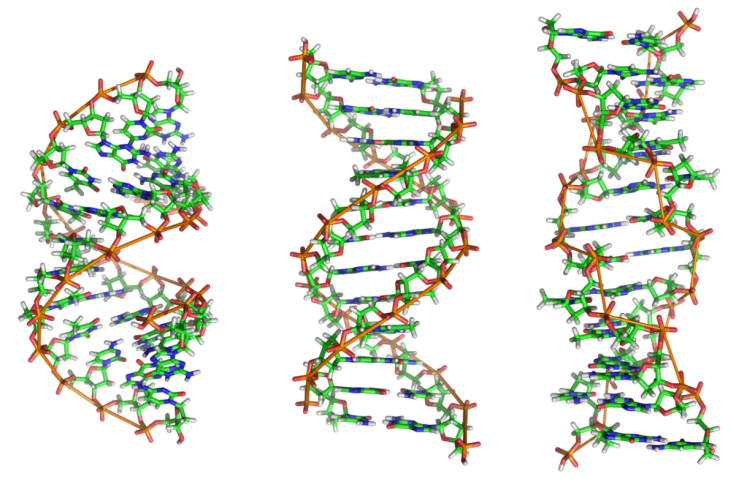Only 8.2% of Human DNA is 'Doing Something Important', Study Shows

Less than 10% of human DNA is "functional" and likely to be doing something important, according to researchers from Oxford University.
The figure is very different from one given in 2012, when some scientists involved in the Encyclopedia of DNA Elements project stated that 80% of our genome has some biochemical function.
Some scientists argued that the biochemical definition of "function" was too broad. They stated that just because an activity occurs, it does not necessarily have a consequence, and to assess the functionality of DNA you need to demonstrate that an activity matters.
For the study, the researchers identified how much of our genome has avoided accumulating changes over 100 million years of mammalian evolution – a clear indication that this DNA has some important function that needs to be retained.
The researchers found that just 8.2% of the human genome is functional. Researcher Dr Gerton Lunter said "we cannot tell where every bit of the 8.2% of functional DNA is in our genomes, but our approach is largely free from assumptions or hypotheses."
The rest of our genome is leftover evolutionary material, parts of the genome that have undergone losses or gains in the DNA code, called "junk" DNA.
"This is in large part a matter of different definitions of what is 'functional' DNA," said author Professor Chris Pointing.
"We don't think our figure is actually too different from what you would get looking at ENCODE's bank of data using the same definition for functional DNA.
"But this isn't just an academic argument about the nebulous word function. These definitions matter. When sequencing the genomes of patients, if our DNA was largely functional, we'd need to pay attention to every mutation.
"In contrast, with only 8% being functional, we have to work out the 8% of the mutations detected that might be important. From a medical point of view, this is essential to interpreting the role of human genetic variation in disease."
"We tend to have the expectation that all of our DNA must be doing something. In reality, only a small part of it is," researcher Dr Chris Rands told the Telegraph.
The research was published in journal PLOS Genetics.
© Copyright IBTimes 2025. All rights reserved.






















